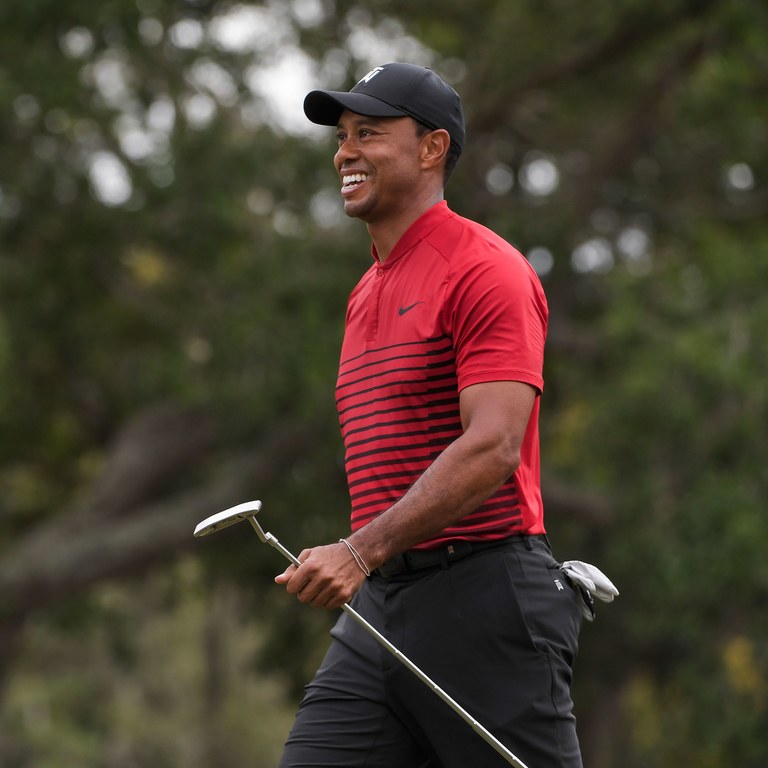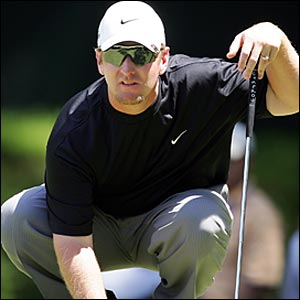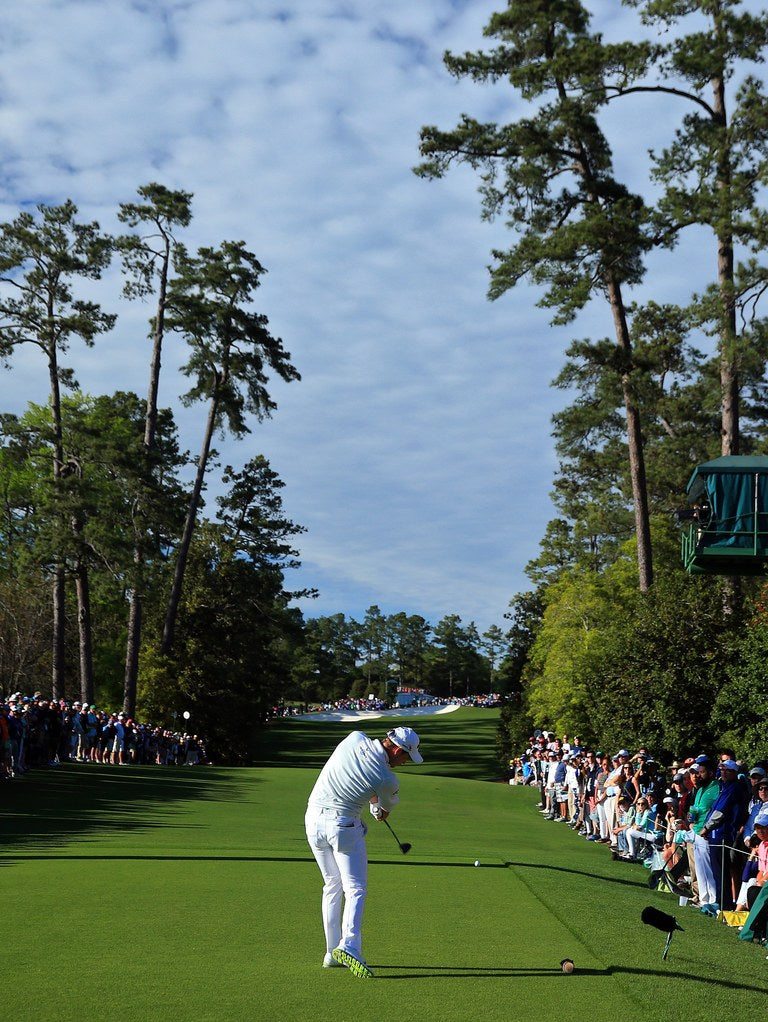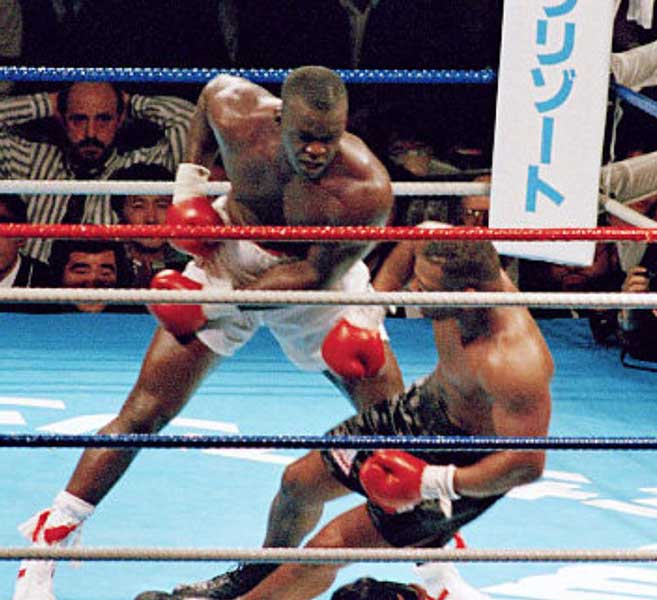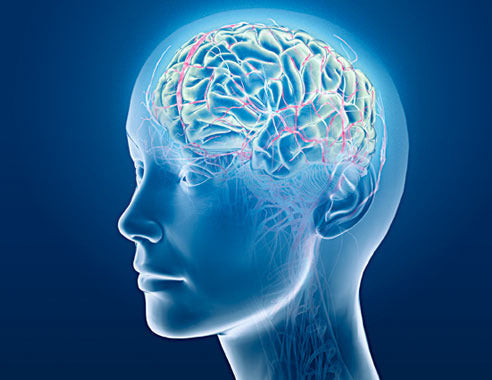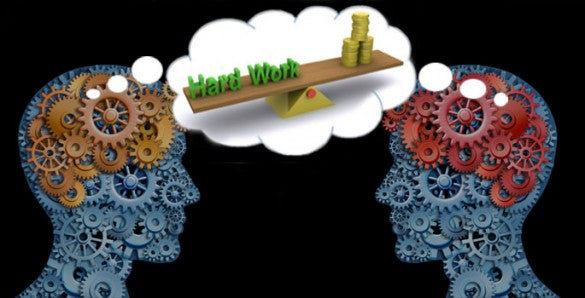Poorly constructed motivation
I diarised my practise during 2015. All through the period when I was trying very hard to improve.
By nature I am analytical, so I recorded a lot of detail regarding how I felt and performed during that time. I noted how certain swing keys affected my striking, and found that none gave me the consistency that I was looking for or expected.
There were so many insights that turned out to be a bluff, so many moments when I would say to myself, ‘that’s my swing, I've got it now’…. and each time, found out that I hadn’t.
I watch a lot of televised golf, and have begun to have a new appreciation for all the players.
At amateur level, often it’s a frustrating game, but there isn’t that much on the line, except for a bit of a sulk when things don’t go well. For professionals who have lost some of their ability, it must really affect them.
Recently Tiger Woods returned to competitive golf, after 3 years with back issues. If his first few tournaments are anything to go by, he is already at a level where he can compete and win again.
Some people have something special about them, and he is one of them. The crowd numbers at the events where he competes, have gone through the roof. There are 10+ people deep lining the fairways on the holes he is playing and if he is in contention, you can more than double that number. It seems the common man knows instinctively, when he is in the company of the exceptional.
On the emotional plane, can you imagine the feelings that Tiger Woods would have had, through his period of poor health. Every day, he must have been anguishing about whether he would function properly again, let alone be able to play and compete. I try not to forget, there is a human being behind the golfers I see every week on the TV.
Deflation
Over the years there have been so many golfers who have hit the summit of the game, only to fall away, and I have often tried to make sense of why that is. I guess the complexity of emotions, and the life circumstances that players face, make any answer merely one of guesswork.
All I can come up with are scant similarities as to why my motivations fluctuate.
This brought me to the question of what is the motivation that drives a person on to continue to exert effort for a goal, or a cause, beyond the limits of most people ?
In a previous post I mentioned how once I had reached my goal of playing sub par at my home course, I just felt down. I didn’t get the buzz of accomplishment that I expected. Maybe that’s just the way I am made.
This randomly lead me to 'The story of a David Duval', who was Tiger Woods only serious rival when he was at his best around 2000. The story tells how he changed after a win in the Open of 2001.
Of course the grandeur of his career and win cant be compared to me beating par, but the emotion it triggered and the motivational disintigration is the same.
The only conclusion I could make was that. My motivation was not constructed in a way that allowed me to continue on, and keep trying to improve.
If I had a goal of collectively being under par for a series of rounds, I might still be working away at it now.....but no, I fixed my sight on just beating par on one round of golf.
Limitations
My own limitations became starkly exposed.
Unconsciously I probably thought I could make sub par at some point on any single round if I tried for long enough, but was very doubtful that I could play a series of rounds under par.... and I wasn't up for that challenge.
Did I take the easy option and is this a clue to my makeup, and how motivation is maintained or lost?
Amongst professional golfers in recent times, the most notable decline from the top of world golf, has been Danny Willet
His fall from grace since his 2016 Masters victory has been quite steep. His 2016 year end rank was 11th in the world, whilst his end of 2017 ranking had fallen to 114th.
I wonder if he himself had a dream of winning a Major, and the realisation of that dream affected him in a negative way. Only he might know.
He was affected by the circustances of that win, in a negative way.
The collapse of Jordan Spieth at the 12th hole on that Sunday at Augusta was unexpected, and maybe deep down Willet knows that without that huge slice of good fortune, a second Masters jacket would be sitting in Spieths wardrobe instead of it being in his.
Its often said that some players ‘back into’ a tournament win.
It appears that there is a specific foundation, which motivation needs to be built on.
Motivation (goal, aim) needs to remain progressive. If it isn't, once the success is achieved it triggers deflation. The person alters inside.
More than motivation is lost
Mike Tyson (biography) was never the same fighter again after he was unexpectedly beaten by Buster Douglas in the Tokyo Dome in 1990.
Physically he appeared the same, you would think his skills hadn't diminished because of the defeat.....but the esteem in which he held himself had been lost. He became a different man, at an organic level.
His brain changed, the thoughts streaming through it changed. These new experiences altered the chemisty. The robustness of his constitution was damaged, and a set of negative neural pathways developed.
He could no longer feast on his invincibility.
The motivation that got him to the top, evaporated after that defeat.
I glance into the soul of Mike Tyson, would reveal a fragile motivational structure. Boxing fulfilled many of his needs, fame, money, adolation. Boxing was but a a means to an end rather than an end in itself.
Motivation depends on circumstances as well
Compare this to a person like Phil Michelson, he is 47 years old, and has just won the WGC Tournament in Mexico and has beena PGA Touring pro for 27 odd years, he is undoubtedly one of the greatest golfers who ever lived, and although he wont win a record number of Major Championships, a Grand Slam will be his if he gets a US Open title win.
Alongside Michelson, there are only 2 other current players who can get the career Grand Slam with one more Major Championship win.
Those players are, Rory McIlroy in the Masters, and Jordan Spieth for the USPGA title.
Michelson has more millions than he can ever spend, but every time I see him in interviews, he is realistically upbeat about the shape his game is in. Enthusiasm shines in his eyes, his animation about the state of his game and his constant search for, and expectation of improvement, belies the fact that he loses so many more times than he ever wins.
His motivational structure is more sound, and longer lasting. The deep passion, he has for playing the game sustains him through the many disappointments the game throws at him. Phil has been runner up in the US Open 6 times. Thats just spitting distance from winning the Grand Slam of Major titles, and elevation into the most elite group of players ever.
Undoubtedly Phil Michelson still has lots to play for, so his motivation will be naturally high, but dozens of touring pros have had legitimate reasons to expect more success, but have faded away from the limelight. Phil Michelson is a special personality because of the way his motivations are structured.
Its unfair to Mike Tyson not to highlight the differences between the sports. These differences might point to a reason, why one athlete crashed and burned and the other thrived. Boxers win, lose or draw, and the power and constitution of the boxer increases with each victory. A loss, after a succession of wins can be psychologically crushing.
The God complex is extinguished.
Golfers lose so many more often than they win, and this lose/win ratio, is accepted by the golfer at the cellular level as an experience. It acts as the buffer that the boxers dont have in their sport. Golfers aren't afraid to lose, so when they do its not the same sort of negative blow that a World Champion boxer experiences.
Going back to my late teens and early 20's I was a decent club standard Snooker player. I had a good bit of success at that level. Later on, with the onset of the anxiety condition I became afraid to lose. This prevented me from competing at golf. Something had changed, something of my previous self was no longer accessible.
So I can relate to the example of both of these sportsmen in my way.
Motivations that aren't specifically structured to help the individual achieve longevity in their 'mission' will expire as mine did.
Reflection
Maybe there is a meaningful lesson to be gleaned from these comparisions.
If a person isn’t wired in a way that compels them to continue to strive, their motivation wanes. If bad results, bad luck, ill health, changing priorites or father time alters their constitution, then motivation suffers. If their dreams aren't important enough to compel them to push through adversity, or if a person selects comfort over suffering, motivation bleeds out.
Brain chemistry is altered by experience, and the individual becomes someone different because of it.

Golf.... are feels real?
So, I had been trying to access an involuntary feeling, with voluntary intent, (I cant make my hands feel cold just because I want them to)... read more!

Use your 'sixth sense' to play your best golf
'A golfers swing isn’t a mathematic equation, it’s a sensory action with the tiniest of intellectual input......read more!




